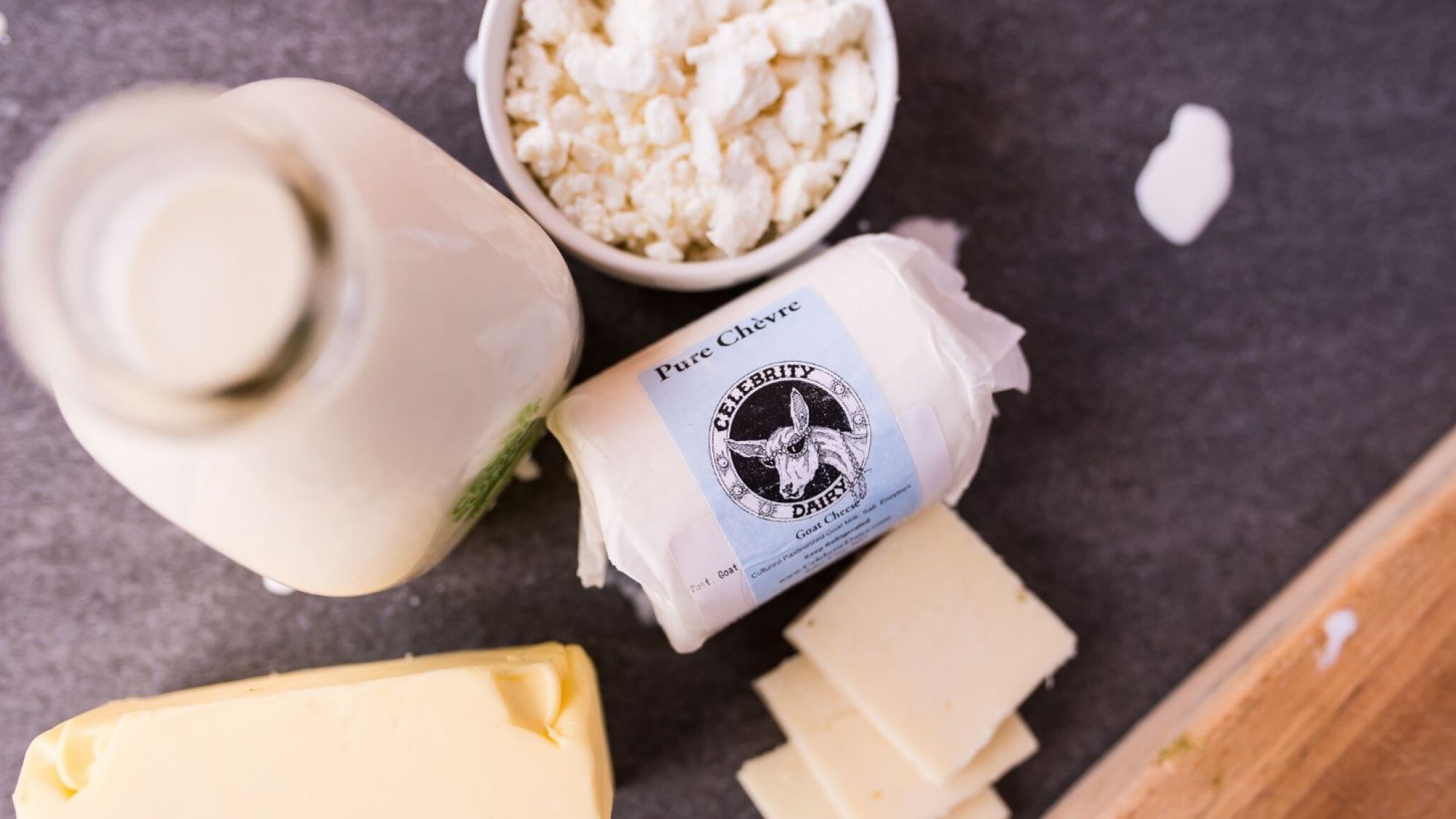What’s the Difference Between Keto and Paleo?

We’ve all heard of South Beach, Atkins, The China Study, The Zone, Paleo, and now, of course, the Ketogenic Diet. But you might be surprised to know that all these protocols have something very important in common.
It’s something that makes all these diets so successful in the first few days that you can usually see results in the mirror. As crazy as it sounds, it’s true. Stumped? Nearly every diet bent on getting you to shed weight starts with the same old advice: stop eating sugar and refined carbohydrates. Not only are these foods uniquely fattening, they bloat the body and cause the retention of water weight. When you cut them out entirely, the results are almost instantaneous. But for most people, this is only a short-term solution.
The most popular of these diets is what’s known as Paleo.
It’s attractive because it has a lot more lasting power; it doesn’t ask followers to worry about eating too much fat or to count calories. Furthermore, it’s based on biology. As the premise goes, our bodies have become dysregulated with their environment. That’s why we have epidemics of obesity and diabetes. The human species has existed for 200,000 years, but our current food supply — junk food — has only been around for about 50 years. Soft drinks, donuts, bottomless pasta bowls, hoagies, grocery store aisles of potato chips and sugary cereals are all brand new. Our food supply is unfit for our DNA. And this is incredibly important. There are many takes on Paleo, but they all circle back to the idea of eating for our biology, which, boiled down, essentially means meat and vegetables. There’s no daily requirement for candy corn.
But Keto takes things a step further.
Think of it as Paleo 2.0 or graduate level nutrition. Keto followers believe that most Paleo goers still eat too many carbohydrates and not enough fat. Keto, of course, stands for Ketosis. When you’re in Ketosis, you’re burning body fat for fuel instead of sugar. Ketosis works on a spectrum. When you’re Paleo, you probably hit Ketosis, but it’s just a question of how often. For some, it could be days at a time. For others, it might only be in the early morning after going without food for eight hours while sleeping. But those who swear by Keto diets try to stay in this mode for as long as possible — sometimes weeks or even months at a time. They say they feel healthier, and a growing body of scientific evidence says there’s a good reason for this. They also report a mental edge and often refer to Keto like it’s a performance-enhancing drug.
Whether you’re Keto or Paleo, there are some great supplements that can help you manage your diet.
KetoLogic makes a great-tasting meal replacement that is anchored with Coconut Oil and Medium Chain Triglycerides (MCTs), which the body converts to Ketones. KetoLogic also offers a great-tasting BHB, which is all-natural and has zero sugar. KetoLogic BHB helps to suppress appetite†* and boost Ketones†. Chock full of electrolytes, it’s a great product to help fuel mental and physical performance†.
For best success, start your day with KetoLogic® KetoMeal®, then eat a low-carb lunch.
Later in the day, drink a KetoLogic BHB during that afternoon energy “slump," or drink one while you exercise to help fuel mental and physical performance. Then top off your day with a low-carb dinner. KetoLogic is a convenient fuel source for everyone, not just those on Paleo or Ketogenic diets.
-
Posted in
Authority Article, Nutrition, Nutrition Article




